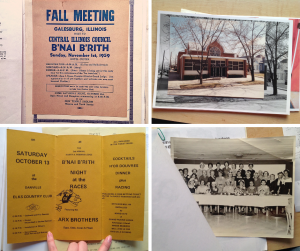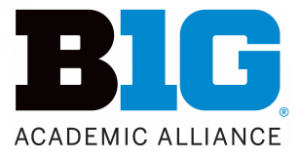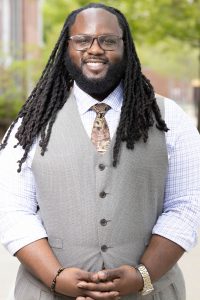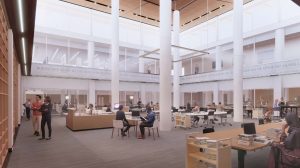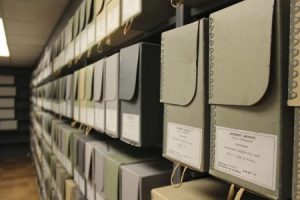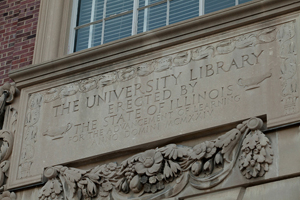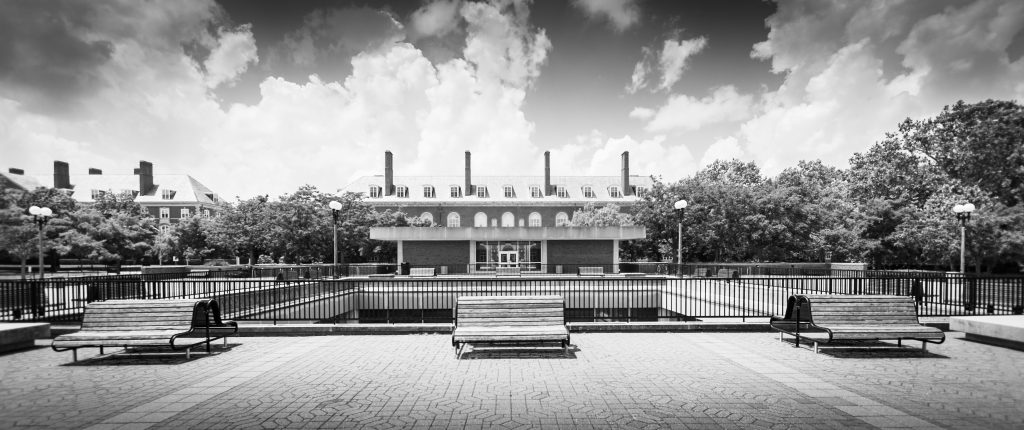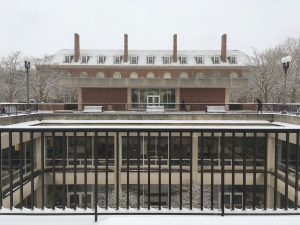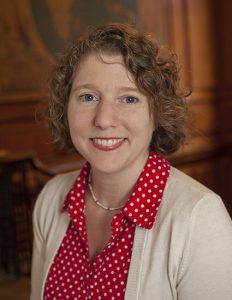The Danville Jewish Community is proud to announce the establishment of the Central Illinois Jewish Communities Archives/Mervis Archives in the University of Illinois Champaign-Urbana Library’s Illinois History and Lincoln Collections.
The newly established archives will preserve the contributions of once-thriving small Jewish communities across the center of Illinois outside of major urban centers. The materials include histories of businesses and their owners, which sustained the towns, contributions made by the Jewish residents, information about local rabbis and Jewish leaders, as well as many other historical documents.
“We are excited about the preservation of this history of small-town Jewish immigrant contributions and life during the 20th century,” said Sybil Mervis, a Jewish community leader from Danville, IL.
The initiative to create the archives came from Mrs. Mervis, a longtime leader in the Illinois Jewish communities of Danville and Bloomington, who collected many of the Danville Jewish Community’s documents over the years, after a conversation with Erez Cohen, the executive director of Hillel at the University of Illinois. The two reached out to the director of the University of Illinois’ Program in Jewish Culture & Society, Dr. Dara Goldman, who welcomed the idea and established the connection with the University Library. The archives will include the oral histories of members of the communities, who will be interviewed and whose life stories will be documented.
“Life stories are a vital source of information that cannot be otherwise revealed. They allow us to expand our knowledge in new ways and directions, and reach a more multilayered and accurate historic picture,” said Dr. Liat Alon, Israel Institute/Israel Studies Project Teaching Fellow, who teaches students how to conduct research with archival documents and to collect individual life stories.
“Illinois’ rich Jewish history in small towns tells an important chapter in American Jewish history. It is great to see that this history will be preserved in the academic center of the state of Illinois,” said Erez Cohen, Hillel’s Executive Director.
The records will be housed in the Illinois History and Lincoln Collections at the University of Illinois Library and open to all interested parties, including academics and other researchers, students, and the public. The Illinois History and Lincoln Collections welcomes other small congregations and/or individuals across central Illinois (for example, from Mattoon, Quincy and Decatur, etc.) to inquire, if interested, about the possibility of contributing their records to the archives as well.
“The establishment of these archives provides a critical contribution to future research and engagement with the stories and contributions of Jewish communities in central Illinois,” said Krista Gray, Archives Program Officer for the Illinois History and Lincoln Collections. “We are grateful to have the opportunity to preserve and make these materials more broadly accessible at the University of Illinois Library.”
A University of Illinois graduate student assistant in Library Science has begun working on the arrangement and description of the records. The initial contributions to the archives are expected to become available to researchers by late spring 2022.
